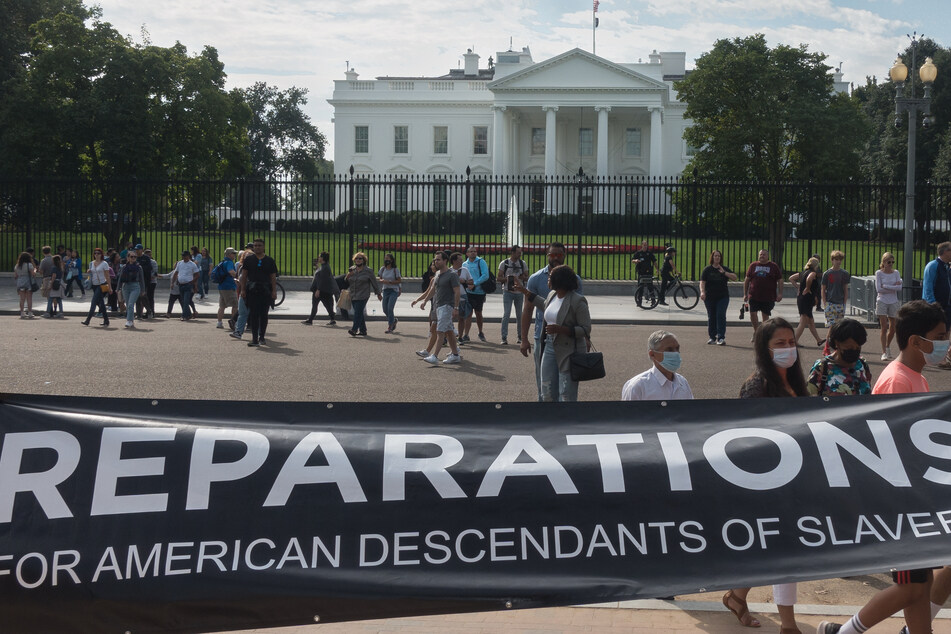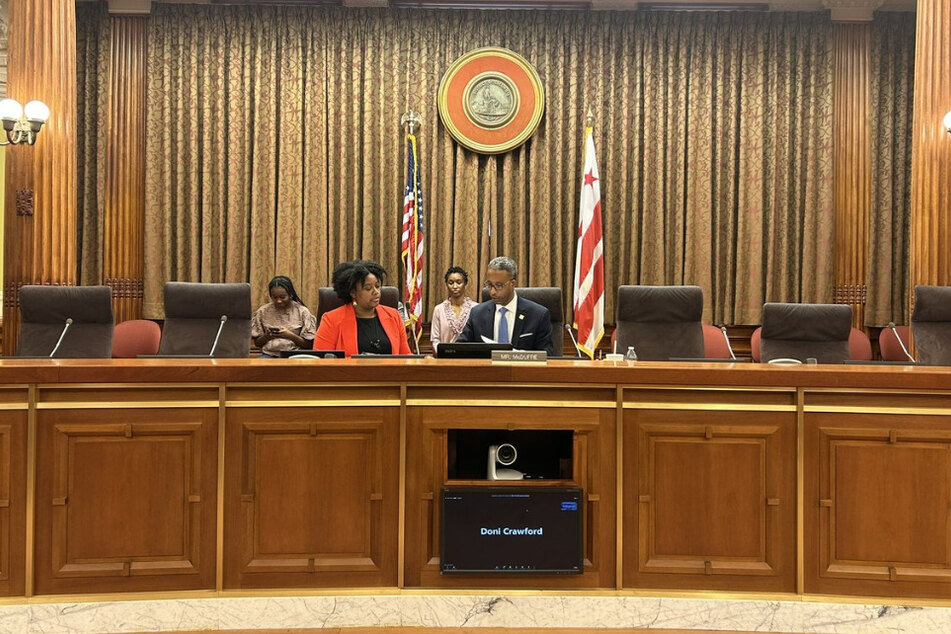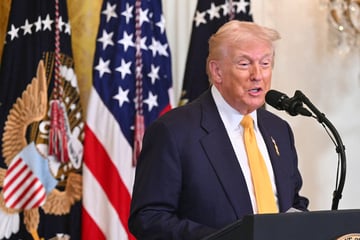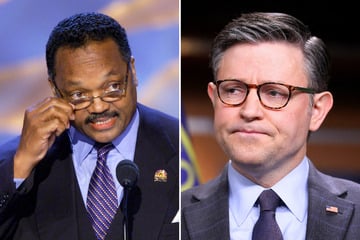Washington DC hearing on historic reparations task force bill hears powerful testimony
Washington DC - Over 128 people signed up to testify to the enduring legacy and lasting effects of chattel slavery and racial discrimination, in a historic hearing that could lead to Washington DC taking the next big step in the movement for reparations.

Thursday's hybrid hearing gathered academics, activists, and community members to speak on Bill 25-152, the Reparations Foundation Fund and Task Force Establishment Act of 2023, which would make Washington DC the next city to get a reparations task force.
The measure was reintroduced in February by Councilmember Kenyan McDuffie to coincide with Reparations Awareness Day. If enacted, the bill would create a nine-member body tasked with studying and developing proposals to address the ongoing impacts of chattel slavery, Jim Crow, and present-day structural racism.
The task force would be comprised of five members appointed by the mayor and four appointed by the DC Council. They are to include at least one member of academia, at least two members of reparations advocacy organizations, and no more than four members of the council.
The bill would also require the Commissioner of the Department of Insurance, Securities, and Banking to establish a database of records related to slaveholding and create a Reparations Foundation Fund to pay reparations in accordance with the task force's proposals.
Reparations to address "250 years of stolen labor and hindered opportunity"

Councilmember McDuffie opened the hearing, for which 128 people signed up to give testimony, by saying the bill "takes on particular importance here in our nation's capital."
He continued by referencing the Compensated Emancipation Act, signed by President Abraham Lincoln in 1862, saying: "We are home to the only place in the country where the government provided compensation after the end of slavery in the district, but to whom they did provide compensation is the question. They provided compensation only to the enslavers."
"The only way we can really start to move the ball forward to close the racial wealth gap is through intentional policies like reparations," McDuffie added.
Kamilah Moore, the chair of California's own reparations task force, said: "Reparations not only addresses the debt as owed by over 250 years of stolen labor and hindered opportunity, but [...] badges and incidents of slavery that negatively impact us."
There was also testimony from Nkechi Taifa, a DC resident, author, and activist who founded the Reparation Education Project. She called the task force bill "a critical part of history in the making," while pointing out the district's long history in supporting reparations initiatives.
"Despite being a native Washingtonian my entire life, I did not know that my West of the Park neighborhood was hallowed ground where our Black ancestors, descendants of enslaved, were landowners, but were callously and racially displaced, a scenario that was repeated over and over across the city... via eminent domain," she said.
"This is but one example that I hope will be addressed by the taskforce."
If Bill 25-152 passes, Washington DC would join New York and California and municipalities across the country in taking legislative action on reparations.
Cover photo: IMAGO / Pond5

